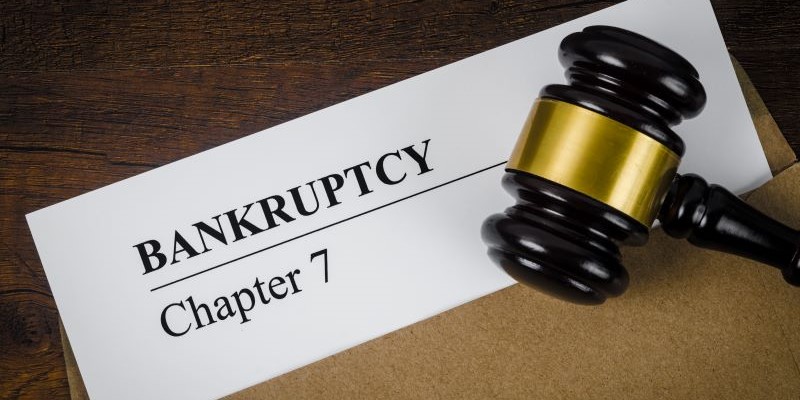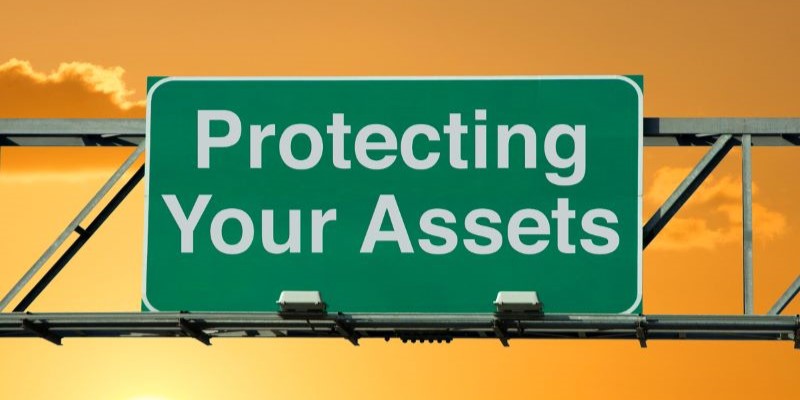Dealing with the possibility of bankruptcy or actually going through the process can be an extremely overwhelming situation for anyone. It is not uncommon for people to feel lost, anxious, stressed, and ashamed of their financial situation.
At OlsenDaines, we understand how important it is for our clients to not only receive relief from their overwhelming debt but also to protect their hard-earned assets. That’s why we are here to assist you in navigating the complexities of how to protect your assets during bankruptcy.
Understanding Bankruptcy and Asset Protection
Most people file for bankruptcy due to job loss, medical debt, or divorce. Whatever the reason, our team of bankruptcy attorneys can help you navigate through this process and make sure that your assets are protected. One of the most significant concerns clients have is whether or not they will lose their assets if they file for bankruptcy. The answer is no, in almost all cases. We will work with you to protect your home, cars, retirement accounts, and other personal property. We are here to ensure that you keep the assets you value the most.
How to Stop Creditor Harassment
Another frequently asked question is whether bankruptcy will stop creditors from harassing and suing them. Again, the answer is yes. Once you file for bankruptcy, creditors are immediately notified through the federal court system and must immediately stop harassment, lawsuits, and any other form of collection of debts. We understand that the constant harassment can be troubling, and protecting our clients from continued harassment is a top priority for us.
Property Listing and Exemptions
As part of the bankruptcy process, you must list all of your property, both real and personal. This includes your home, vehicles, retirement accounts, and household goods and belongings. But there’s no need to worry – there are specific exemptions under state or federal law that protect your property throughout the bankruptcy process. We understand the nuances of federal bankruptcy law and will walk you through each step so that you understand how assets are protected and how a fresh start can help rebuild your life.
How to Rebuild Credit After Bankruptcy
Another question we commonly receive is whether or not filing for bankruptcy will affect future credit. While it is true that bankruptcy does affect credit scores, there are strategies we can use to mitigate any harm that may negatively impact your credit record. We can help you rebuild your credit score after bankruptcy and get back on track to a healthy financial future.
Contact Us for Help Protecting Your Assets During Bankruptcy
The legal process of filing for bankruptcy and protecting your assets can be confusing and overwhelming, but it doesn’t have to be. At OlsenDaines, our experienced bankruptcy attorneys can help. We will provide you with the guidance you need to protect your assets and navigate through the process of filing for bankruptcy. We are here to help you receive a fresh start and rebuild your financial future. We believe that everyone deserves the chance to move past their debts and have a bright financial future.
Contact us today to schedule a free consultation and get started on the path to financial freedom.





